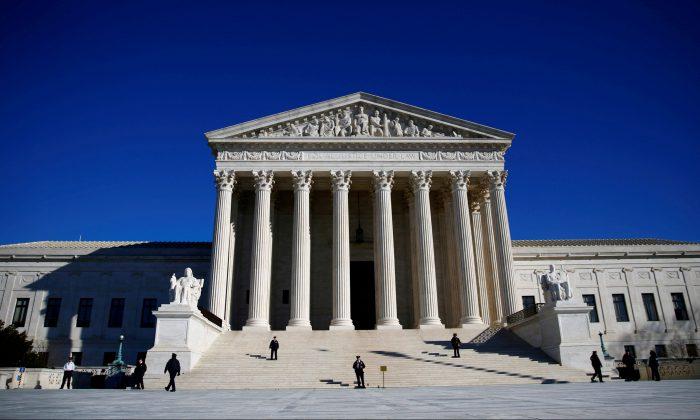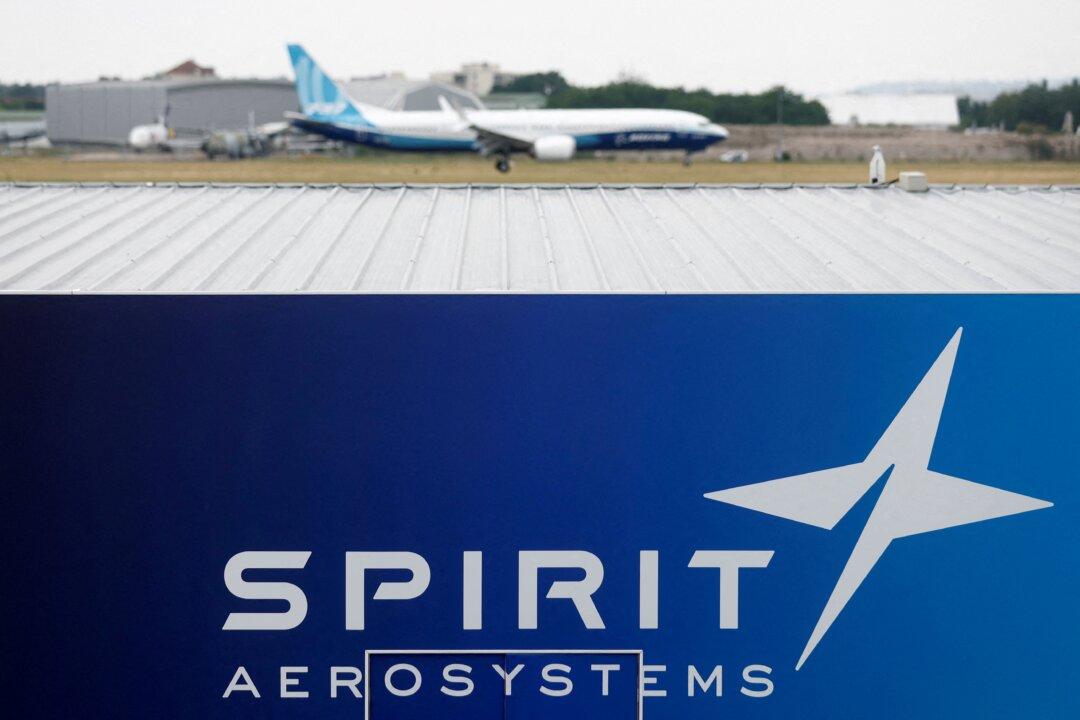WASHINGTON–The United States trade imbalance with China moved inside the white marble walls of the U.S. Supreme Court on Tuesday, where lawyers for both countries faced off over whether Chinese companies can be held liable for violating U.S. antitrust laws.
The nine justices heard arguments in an appeal by two American companies of a lower court ruling that threw out price-fixing claims against two Chinese vitamin C manufacturers based on submissions by the Chinese state explaining the Chinese Communist Party’s (CCP) regulations. Many of the justices signaled skepticism toward that ruling.
The hearing gave both countries a chance to air their differences over an fundamental aspect of their trade relationship – that CCP laws force Chinese companies to comply with government-mandated pricing in contrast to America’s free market stance. The Supreme Court took the unusual step of letting the Chinese state present arguments even though it is not an official party in the case.
The case began in 2005 when U.S. vitamin C purchasers Animal Science Products Inc, based in Texas, and The Ranis Co Inc, based in New Jersey, accused Chinese manufacturers including Hebei Welcome Pharmaceutical and North China Pharmaceutical Group of antitrust violations.
China intervened in the case, asking the trial court to dismiss the allegations in part because its laws had forced Chinese companies to comply with state-mandated pricing regimes. A federal judge questioned the credibility of the Chinese submissions and, after a 2013 jury trial, awarded the two U.S. companies $147.8 million in damages.
The New York-based 2nd U.S. Circuit Court of Appeals overturned the judgment in 2016, saying that when a foreign government directly participates in a case, American courts are obligated to defer to that country’s characterization of its own laws.
During the Supreme Court argument, Fletcher called that 2016 ruling “too rigid” and said deference should be decided on a case-by-case basis.
Fletcher acknowledged that some deference to other country’s laws may be warranted, but said that if ’respect' is taken too far, it can be detrimental to U.S. companies.
This was the first time China intervened in a U.S. court to present its views as a non-party in a legal dispute.






Friends Read Free